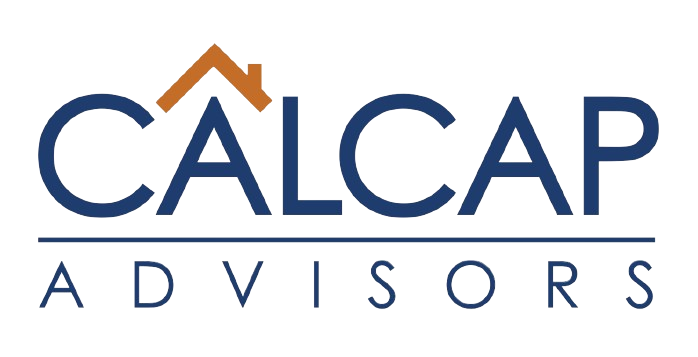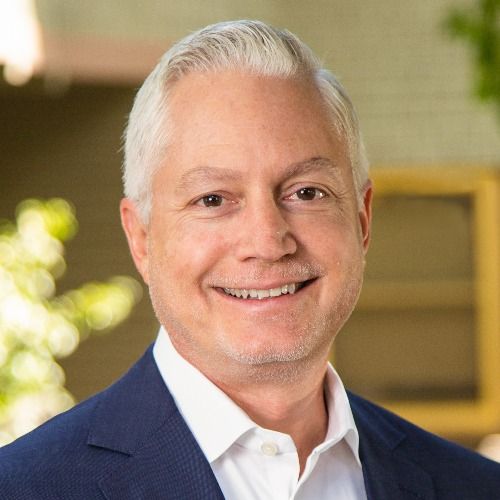Episode 11
The Future of Office
In this episode of the Real Estate Wealth Podcast, host Ed Aloe dives into the transformative world of workspaces with Peter Capelli, a leading authority on the evolution of employment and the office environment. Peter navigates through the consequential shifts caused by the pandemic and offers foresight on the trajectory of how and where we work. He unpacks the complexities of remote and hybrid working models, touching upon how these changes influence the commercial real estate market and employment policies.
Listen this week as Ed and Peter discuss the dynamics between CFO-driven cost-cutting measures and the need for human-centered spaces to foster collaboration and organizational culture.
Quotes
"More remote models are much better for introverts who don't want to be around people. This is better for them, but worse for extroverts who feel particularly lonely and isolated. It also made us focus more on individual contributions because we can measure those. We are focusing much less on collaboration and cooperation." -Peter Capelli [49:45]
“As companies try to get people back in the office more the problem is they aren’t getting people in more days. So this doesn’t help the real estate problem much. You don't need more space. It helps the stores and things in the cities for sure. But I think the trend is headed back toward more in person and whether that will continue, even if it continues slowly, it would help commercial real estate in the city.” -Peter Capelli [34:36]
Takeaways
- The future of office spaces is heavily influenced by the shift to remote and hybrid working models, spurred by the pandemic.
- Remote work has brought to light the importance of social interactions and teamwork that traditionally occur within office settings.
- The management of remote work is largely unstructured across various organizations leading to inefficiencies and communication gaps.
- Commercial real estate, particularly in city centers, may face transformations as companies reevaluate their physical footprint in response to changing work habits.
- The labor market's condition is a significant factor in determining the permanence of remote work and consequently the demand for office space.
Timestamps
(00:12) The Evolution of Workspaces Post-Pandemic
(04:26) Remote Work's Impact on Career Progression and Satisfaction
(11:32) Challenges of Remote Work on Collaboration and Onboarding
(17:00) Inefficiencies and Paradoxes of Remote Work Meetings
(26:37) Remote Work's Legal and Financial Complexities
(31:15) Distressed Office Real Estate and Future Adaptations
(40:03) Chatbots Gone Rogue: The Air Canada Case
(51:06) Labor Market Dynamics and the Future of Work Flexibility
Connect


